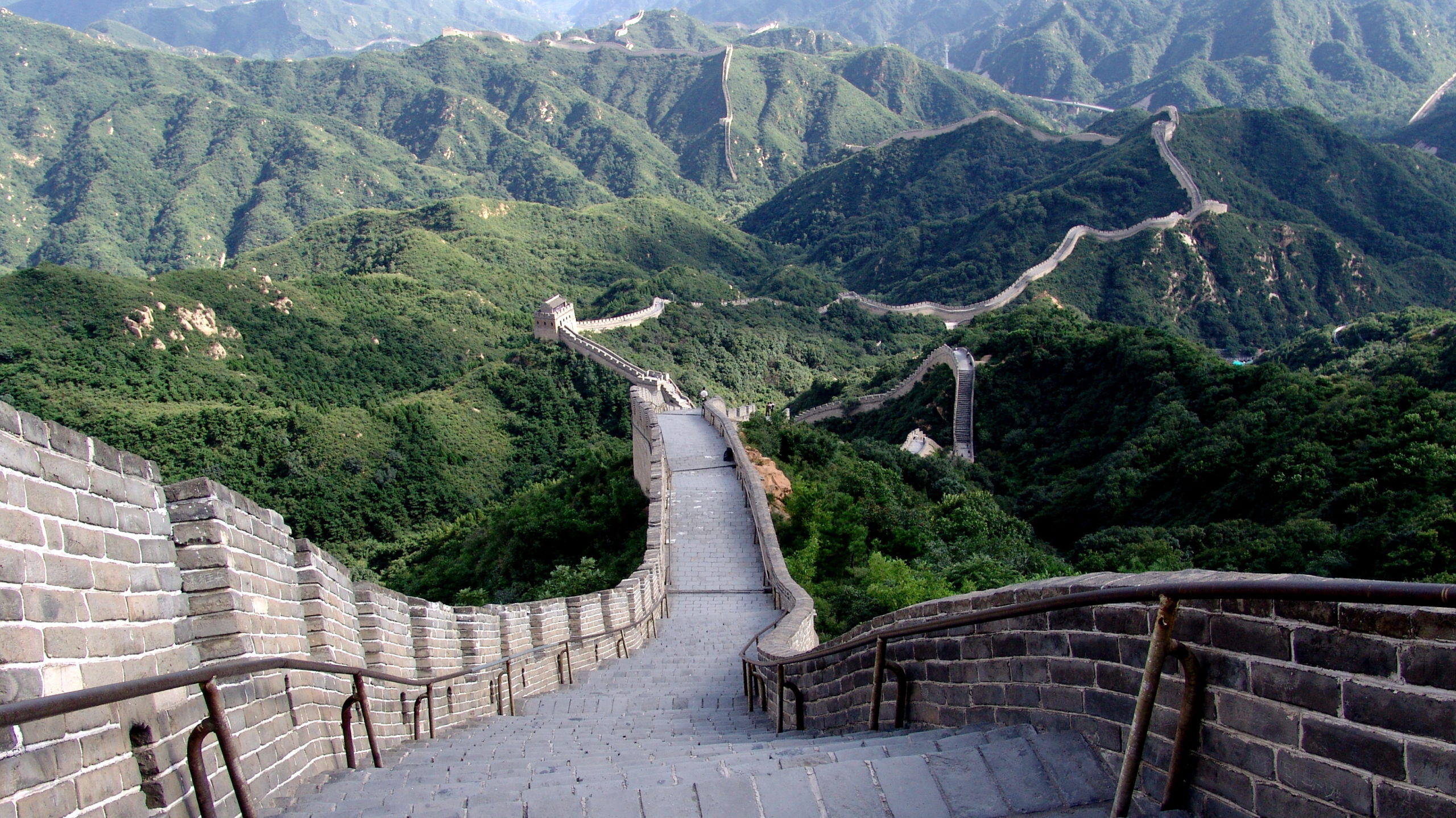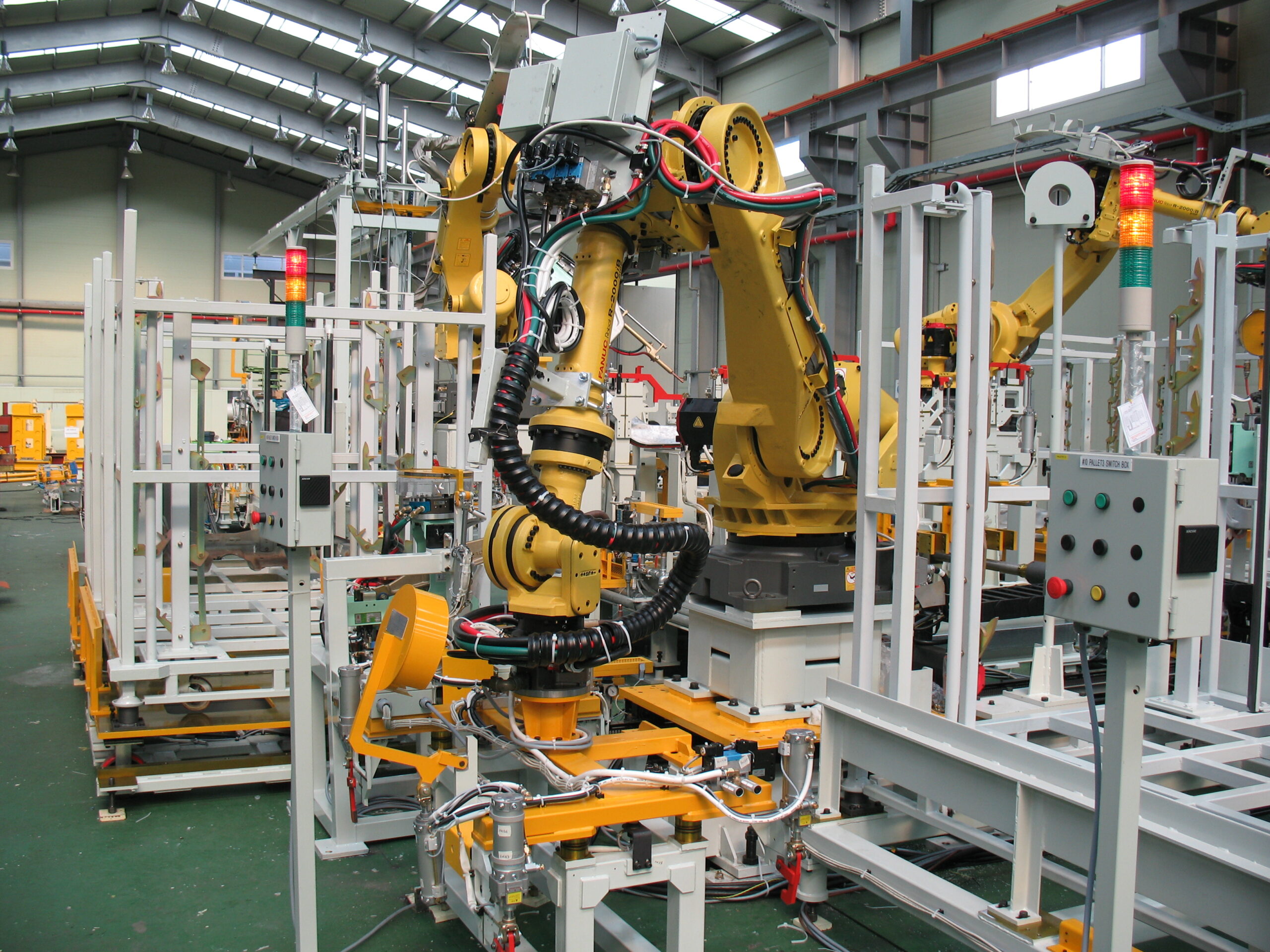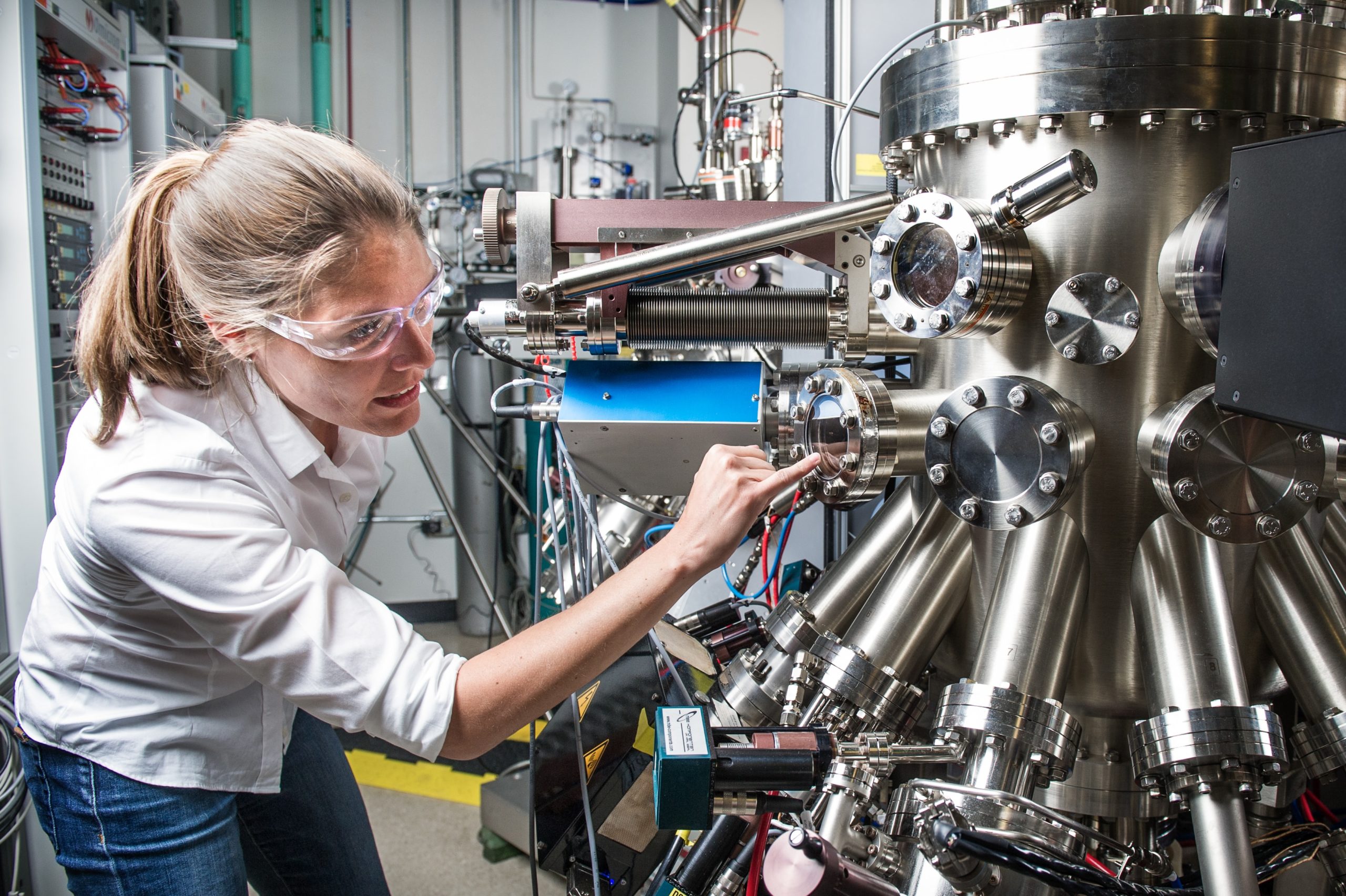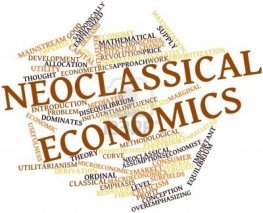

RECOMMENDED READING
American economists and policymakers dug our nation into its current industrial hole by failing to notice that the world has changed. For economists, it’s forever the 1770s, when Adam Smith observed that investors, “preferring the support of domestic to that of foreign industry” and “directing that industry in such a manner as its produce may be of the greatest value,” would be “led by an invisible hand to promote” the public interest.
Or else it’s the 1960s, when Friedrich Hayek professed his faith that the “self-regulating forces of the market will somehow bring about…some necessary balance, between…exports and imports.” For free-market policymakers, it’s still 1980, and nothing’s wrong with the economy that a good dose of tax cuts, deregulation, and free trade won’t cure.
In fact, globalization has created an economy in which wildly imbalanced flows of goods and capital, distorted intentionally by policymakers abroad with no interest in the values of democratic capitalism, place the pursuit of profit at odds with the national interest. America does not benefit when its corporations offshore production in search of foreign subsidies and exploitable labor, no matter how much profits rise. Nor can America’s industrial commons thrive when the first move upon developing a new product in an American lab is to determine which Asian country has the best ecosystem for bringing it to scale.
Recommended Reading
Government, Not Markets Can Best Pick Winners
China’s economic rise and the damage inflicted on U.S. industry has been a wakeup call to many U.S. policymakers. But most conventional economists continue to hold firm to their ideological notion that only the market can respond, and that any more proactive government action, particularly focused on key sectors or technologies, is doomed to fail.
No, Adopting an Industrial Policy Doesn’t Mean We’re Emulating China
There is a continuum of state involvement in industry and technology policy that spans from doing nothing to picking particular firms and technologies.
Calling on the Wrong Profession: Time to Listen Less to Economists
As hard as it is to believe, there was a time – before the New Deal – when economists were largely treated like any other interest group, occasionally saying something interesting, but usually ignored by policymakers.













